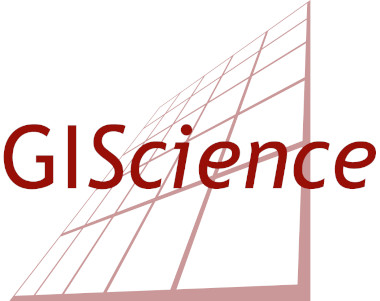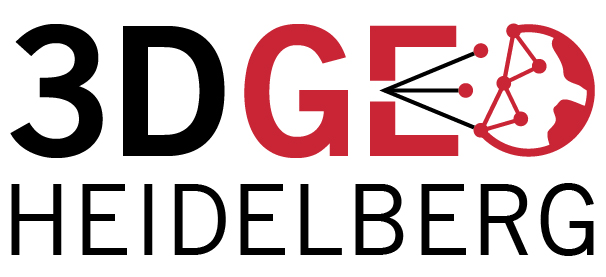Prof. Dr. Alexander Zipf is a invited keynote speaker at the 26th annual GIScience Research UK conference (GISRUK) will be held at the University of Leicester on 17-20 April 2018.
On Thursday April 18th he will give a talk on “Operationalising Volunteered Geographic Information – From Analytics to Improvement and Application“.

Much research has been conducted to better understand the issues with VGI datasets that have now been available for several years as a relatively new kind of spatial data set.For example topics included quality, fitness for purpose, bias or usability among others. A range of methods has been developed to deal with the special characteristics of data produced by volunteers in a little formalised way when analysing it. Many empirical studies have shed some light on the status and the development of those data sources in specific times and regions. Still many questions remain. Because of the high dynamics of the data the half-life of empirical insights is relatively short and because of the heterogeneity very regional studies often are of limited meaningfulness for another context. Influences like culture, language or other geographic aspects need to be examined in more detail and a question that continues to being asked by many practitioners and researchers is: can I use this data for application A or B in region X or Y? We develop an analytics services framework that shall help to answer such kind of questions. In the talk I will present some examples of such analytics of VGI data sets like OSM and social media and some first attempts to develop methods to improve those where possible. This shall finally allow to couple these analytics with real world applications.
Some recent examples of OSM based applications and services developed by GIScience HD /HeiGIT include e.g. Openrouteservice.org (including real-time disaster ORS), the OSM history analytics platform ohsome.org (with a new OSMatrix) , OSMlanduse.org, histOSM.org, MapSwipe Analytics and e.g. the Climate Protection Map (Klimaschutzkarte.de).


